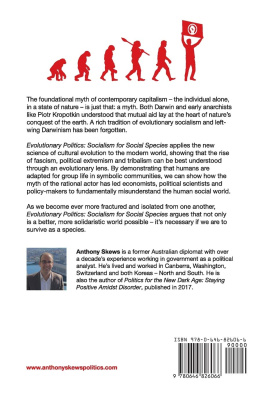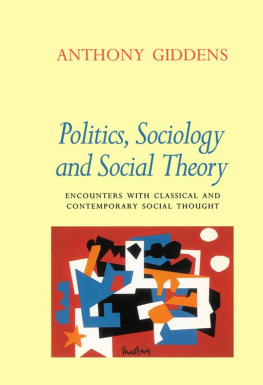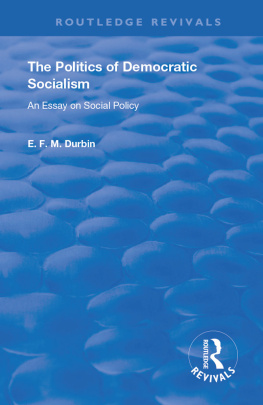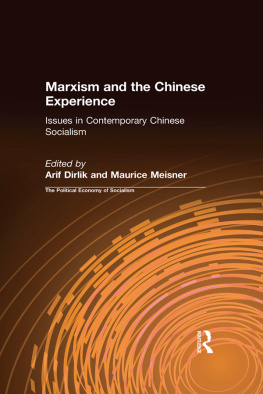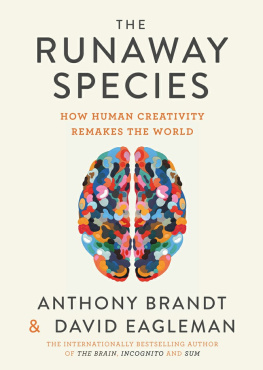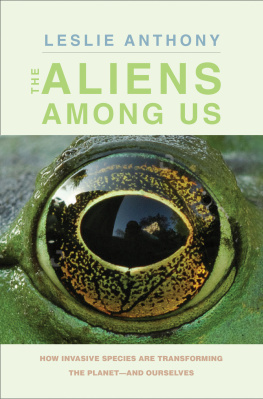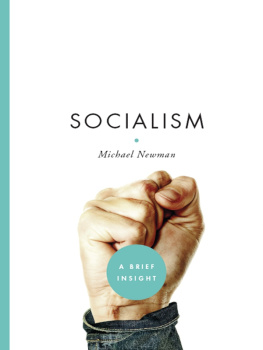Why should political scientists, activists and leaders study nature?
Politics is the process by which societies make collective decisions: the mechanisms sometimes cooperative, sometimes competitive through which their internal and external strategies are chosen. Academic sociology and anthropology have come to understand politics as an interaction between beliefs, actions, values and narratives. While the natural environment constrains the actions a society can take, it is ideas, stories and values that motivate individuals to follow norms, take risks or organise collectively. One simply cannot describe a social agent based solely on its physical and thermodynamic properties, as one might a natural agent such as a proton, DNA molecule, bacterium, or black hole.
But this dichotomy between the social and natural is an illusion. No bright line divides social species from nature: to the degree that humans display unmatched behavioural complexity, the difference is one of scale and uniqueness, not kind.
That is not to say that political philosophy is rendered obsolete by the natural sciences. This book explicitly rejects the normative scientism of writers such as Steven Pinker, who assert that the scientific method provides the only route to political truth. As the late, great political journalist Michael Brooks - a frequent critic of Pinker - wrote shortly before his untimely passing: whereas the left and centre-left historicise, the right and centre-right naturalise. The left shares an understanding with natural scientists that the state of the world is contingent, its structures and behaviours dependent on the path a society took through history. It is largely thinkers on the right who reify these contingent social structures and hierarchies into transcendental values and laws of nature.
The eighteenth-century Scottish enlightenment philosophy David Hume famously observed that it was altogether inconceivable how a normative statement could be deduced from ordinary reason after completing this one.
This book is also for would-be socialists and progressives. The Left has an uncomfortable relationship with methodological naturalism. They carry the baggage of scientific socialism, which was used to justify revolution and dictatorship. Theyve learned the dangers of Social Darwinism, and to be wary of the perversion of evolutionary theory to justify the murder and enslavement of others. They live under the inhumane and brutal thumb of the invisible hand of the market, as economists and technocrats measure its rate of profit on their spreadsheets and charts. As feminists, they witness every day in homes and workplaces the way meaningless sex differences are abused to construct gender roles that oppress half of humanity. Above all, they innately resist and oppose the conservative appeal to nature that says we live in the best of all possible worlds (see Chapter 17: The Naturalist Fallacy).
But if socialists can overcome their discomfort with naturalist accounts of social behaviour they may be able to seize upon recent scientific findings which undermine the selfish rational actor model of human nature which dominated the twentieth-century. Nature matters because rightly or wrongly people are persuaded by naturalist narratives. The philosopher Karl Popper argued that science cannot prove a fact, merely show that it is not false. Evolutionary socialism may be just one among many possible stories about the origins of cooperation, but its a compelling story that makes falsifiable claims about the material and social world and which poses an existential threat to one of the foundational myths of capitalism.
Indeed, the construct of the self-interested individual which is axiomatic to contemporary capitalism. Dawkins is wrong on the merits, and we will return later to his role in building this false narrative.
Understanding nature matters because if socialists want to shift politics in progressive directions, they also need an accurate model of how society and culture works. The Left can be objective without being neutral. The discipline of economics has begun to move decisively in the direction of recognising that human beings are not purely rational utility-maximisers but bundles of biases and neuroses who frequently act sub-optimally (see Chapter 10: Mediocre Individuals, Exceptional Species). Armed with this knowledge, modern capitalism is becoming ever-more adept at manipulating the illusion of choice. Without an equivalent model, progressives have walked into policy cul-de-sacs, failed to bring the masses with them, provoked a backlash from powerful constituencies and made it easier for the Right to wind progress back. To make progress resilient and adaptive, socialists need to work with a sophisticated theory of social behaviour not insist on the Cartesian perfectibility of the individual through education, moral restraint and the cultivation of virtue.
When the entomologist Edward Wilson (more on him later) wrote that socialism works, its just that [Marx] had the wrong species. But an overemphasis on ideological control and self-denial as the basis of social order is counter-productive. It establishes a hierarchy of worth predicated on compliance with social norms, often enforced by violence: whether the Soviet Union or the Catholic Church, regimes which seek to control human nature through virtue have been undermined by vice.
If this book has a singular purpose, it is to dispel once and for all the notion that socialists do not have an empirically rigorous theory of human nature. Since the mid-nineteenth century, socialists have engaged deeply with the evolutionary origin of cooperation, and biologists and social scientists increasingly concur that we are an obligate social and gregarious species. This book takes the view that altruism and cooperation are part of human nature

